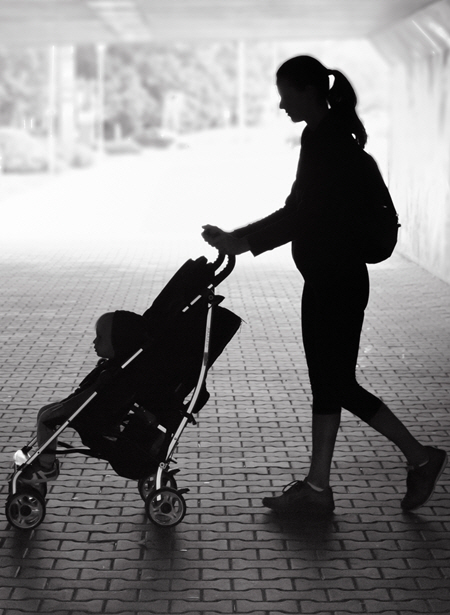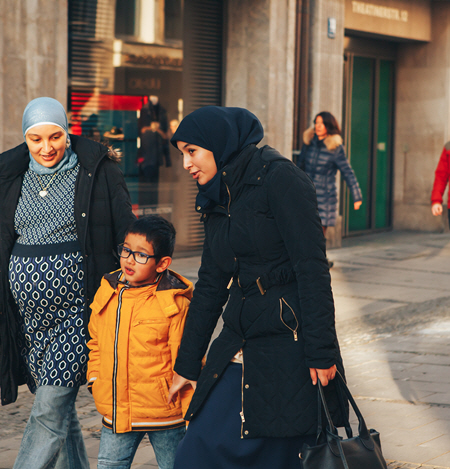 You are often misunderstood…
You are often misunderstood…
Most people who are not from your original community have difficulty understanding who you are or your country of origin. As a result, they often make assumptions or comments that leave you feeling isolated and boxed in.
By now, you may know that being subjected to racism and other types of “Isms” (classism, colorism, sexism, etc.) has many deteriorating effects on the mind and the body. This continues to be a genuine struggle for many people in this country.
Unfortunately, you and people who you dearly love likely faced the reality of these “isms” more times than you would want to believe were possible in our current time.
Your home culture is often misrepresented or caricatured by the dominant media, and your inherited cultural values are considered exotic and inferior at worst.
It can be especially hard to be the only person who looks or talks like you in a space that is mostly run by American standard values.
Torn between your new and old life.
Adjusting to the cultural differences between your home culture and the American culture can take a toll on your mental health. And now, your support networks are smaller than they were before because you left your original community behind to pursue a new life in the United States.
You came a long, hard way to pursue a better life for yourself here, and there is still a part of your heart that misses the place you left.
You remember there is a reason you left, though… going back now or asking for help back home might be impossible or would feel like a failure on your end.
 Not from here, nor there.
Not from here, nor there.
Although you have spent enough time here, it still feels like you are stuck in limbo, being neither from here, nor there.
Lacking the invisible privileges that citizens have, your claim to this country as your home is questionable.
Ultimately, you are not from here, and your accent cannot hide this.
Sympathy from back home may be unavailable.
Loved ones back home may claim you are selfish for leaving them behind and might judge you for having adopted American values. They have a hard time recognizing, accepting, or understanding your new self.
Others might even think that because you have changed and adopted other cultural values and experiences, you have somehow betrayed your loyalty to your home culture.
Some might still have a hard time forgiving you for having left.
You don’t experience them the same way either. You probably perceive them as closed-minded, as if they haven’t changed at all (or as if they have remained frozen in a time bubble since you left).
What’s life like in my old community?
You wonder about the life that could have been if you hadn’t left or if you went back.
Friends and family that stayed back home are now closer or farther away from each other. It’s a strange experience to witness how they changed when you go back to visit.
Like witnessing the effect of your own death on your community, you realize that living in your old community goes on without you. This makes you feel further isolated and confused about your place in the world, and perhaps you feel guilty and bad for having abandoned your community in pursuit of a different life.
Being a stranger in a strange land is hard to overcome alone.
 Therapy helps with the transition from the old to the new life.
Therapy helps with the transition from the old to the new life.
With the right help, you can learn to navigate differences in situations that are hurtful and caused by ignorant people. This will help you attain a balance of healthy acceptance and compassion for ignorance with affirmative action.
You can learn to better deal with immigration-related anxiety, uncertainty, and depression while reducing your anger and frustration with the bureaucratic systems that hold you back.
Therapy helps you overcome the guilt related to leaving loved ones behind and improve and reconnect with important relationships back home.
With improved communication skills will come the ability to create long-lasting and meaningful relationships in your new community.
Focus on successfully creating a new life.
We help immigrants and children of immigrants who are carving a path for themselves in New York while they struggle to reconcile a bicultural identity and find a sense of home and their place in this melting pot.
Our approach helps immigrants integrate a healthy bicultural identity and better cope with culture-shock and reverse culture-shock.
A multi-culturally competent therapist is waiting for your call.
If you are ready to take actionable steps to find a better way forward, call (917) 268-9213.

